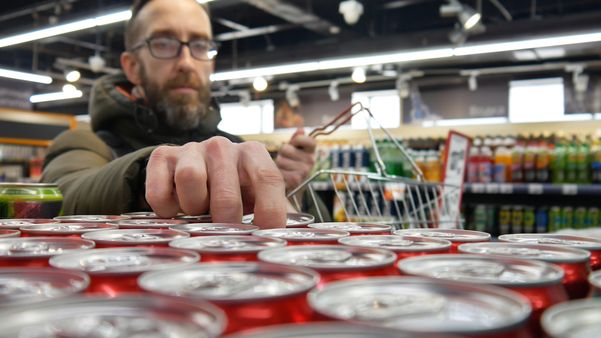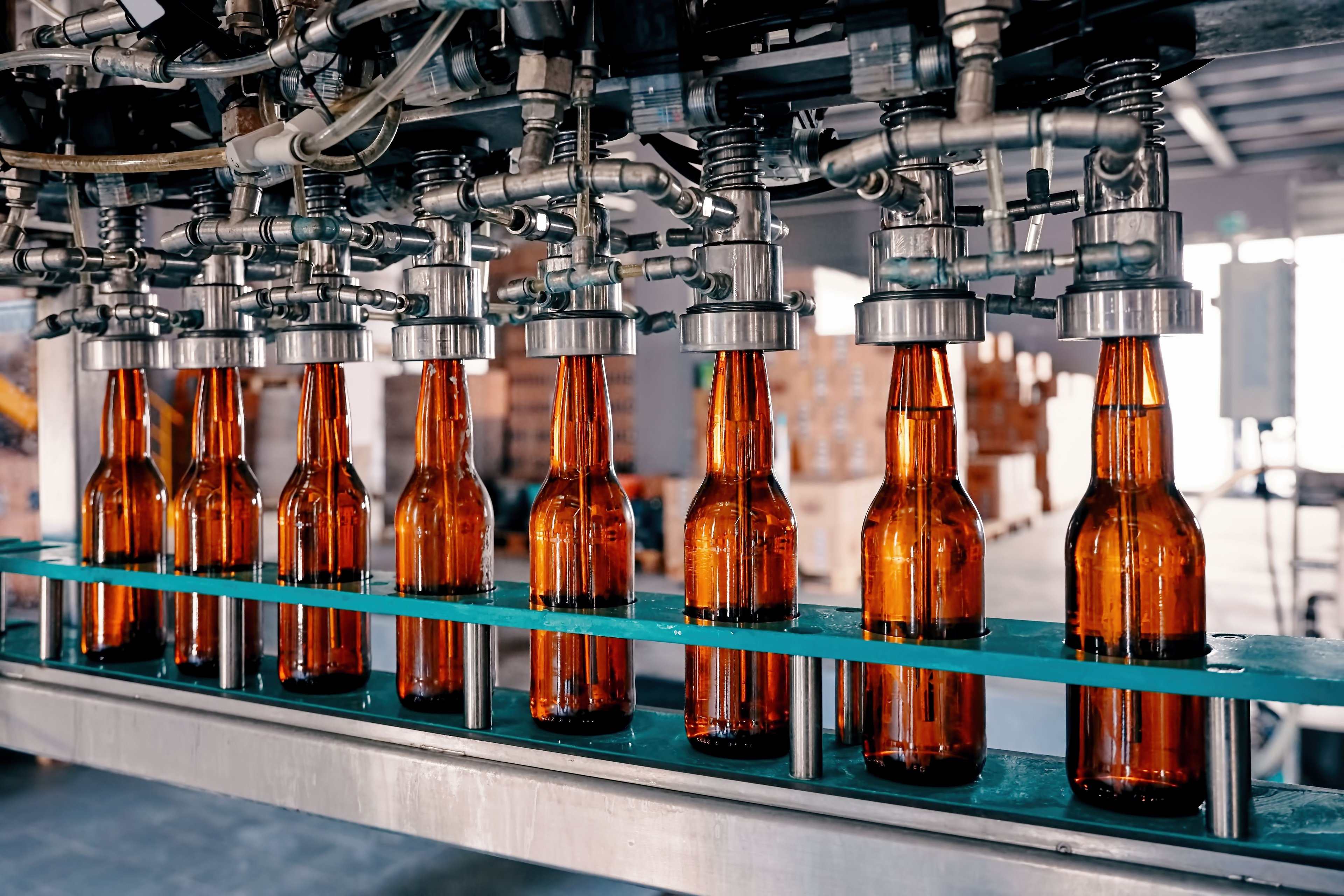Boston Beer (SAM 0.69%), the company behind the Sam Adams brand, was a first-mover in the craft-brew revolution, and as such it has had the time and resources to build up the best distribution network and marketing system in the craft brew segment. These logistical advantages set Boston Beer apart from the crowd of small craft brewers as the company works to diversify the number and styles of beer it offers through both in-house innovation and acquisition. However, bigger competitors such as Anheuser-Busch InBev (BUD +1.89%), or ABI, and Molson Coors have world-class distribution and marketing systems to put Boston Beer to shame, and enough resources to easily beat Boston Beer when it comes to acquiring smaller craft brewers. As the brewing giants look to gain more market share in the fast-growing premium beer segment, Boston Beer will need to rely on its brand name, and the quality and dedication to craft brewing it has come to stand for, to protect its turf.
Looking to cash in on craft, ABI and Molson Coors have launched their own craft-like beers and sought to add exposure to the sector through acquisitions. One of the largest recent acquisitions was ABI's 2011 takeover of beloved Chicago craft brewer Goose Island. That acquisition was met with alarm and skepticism from the craft movement, and any mishandling of the company or its beer will harden the hearts of craft brewers against being bought by the big guys.
Boston Beer doesn't have that problem. While everyone recognizes that Sam Adams isn't exactly a local microbrew, the company has worked hard to stay credible with smaller brewers. Boston Beer operates a business development program for craft brewers and other food and drink businesses called Brewing the American Dream, which not only provides capital for entrepreneurial brewers to start up or expand but also provides vital resources such as market research and personal mentoring from top Boston Beer executives. In 2008, when a global hops shortage threatened American microbreweries' livelihood, Boston Beer gave away 40,000 pounds of its own hops at cost, helping keep smaller brewers in business. Boston Beer sees the growth of its smaller competitors as an intrinsic part of its business model: Indeed, 20% of founder and Chairman Jim Koch's bonus compensation is based on investing time and resources to support the craft brewing industry as a whole.
In turn, the craft-beer movement has embraced Boston Beer even as it has grown. The Brewers Association, a marketing and lobbying group representing craft brewers, has actually revised its definition of a craft brewer in 2011 to allow Boston Beer to remain in the category, despite its sales and volume growth. More than anything, Boston Beer still has a reputation of being a brewery focused on putting quality first, and assuming profits will follow. Keeping its high standards and devotion to the quality of its beers should allow Boston Beer to have an easier time that its big brewer competitors in acquiring independent, often founder-led companies.
Boston Beer has its own test case to see how well it can manage acquisitions in the smaller craft-brew space. Just this year, through its craft incubator subsidiary Alchemy & Science, Boston Beer acquired the rights to Coney Island beer from Shmaltz Brewing, a line that celebrates the attractions of Coney Island in New York. Boston Beer is taking virtually the opposite course that ABI took with Goose Island. Where ABI broadened Goose Island's distribution nationwide, Boston Beer will scale back Coney Island's distribution, from more than 30 states to concentrating solely on the greater New York metro area, where, Alchemy & Science President and Coney Island native Alan Newman believes, the brand will resonate most strongly. Where ABI moved much of Goose Island's production from its local Chicago brewery to Anheuser-Busch breweries in Colorado, New York, and New Hampshire, Boston Beer actually plans to open a bricks-and-mortar brewery for Coney Island beers, in Coney Island itself. Previously, the beer had been brewed under contract and had no home in its namesake Coney Island.
As with Goose Island's acquisition by ABI, only time will tell if Boston Beer's acquisition of Coney Island will be a success. Certainly the size of this acquisition qualifies as an experiment: Though the terms of the deal were not disclosed, the Alchemy & Science division's entire budget for 2013 was only $5 million to $9 million, and it has indicated it has a bigger deal than the Coney Island acquisition in store for later this year. Compare that with the most recent quarter, in which Boston Beer had $25 million in cash on hand and no significant debt and was generating $27 million in net income. It's clear that if Boston Beer sees value in continued buyouts, its cash position, distribution system, and sterling reputation with both drinkers and brewers leaves it uniquely positioned to capitalize on growth through buyouts.







